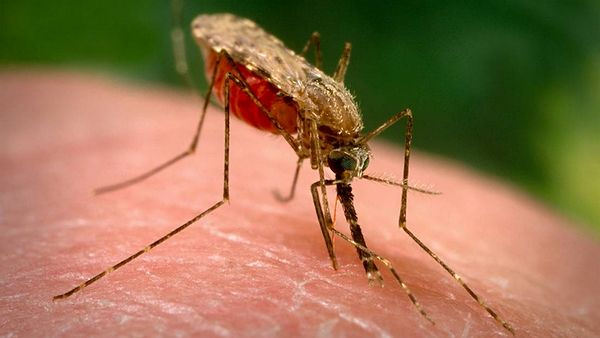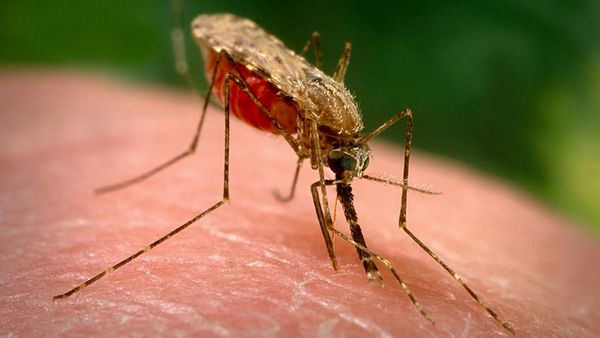
Scientists have discovered why infections with two types of malaria parasite lead to greater health risks – because one species helps the other to thrive.
They sought to understand what happens when the two most common malaria parasites cause infection at the same time, as they are known to attack the body in different ways.
Researchers found that one type of parasite leads to the second species being provided with more of the resources it needs to prosper.
In people, a parasite known as P. falciparum infects red blood cells of all ages, while another – P. vivax – attacks only young red blood cells.
A new study in mice with equivalent malaria parasites showed that the body’s response to the first infection produces more of the type of red blood cell that the second parasite needs.
In response to the first infection, millions of red blood cells are destroyed. The body responds by replenishing these cells. These fresh cells quickly become infected by the second type of parasite, making the infection worse, the team says.
The finding could explain why infections with both P. falciparum and P. vivax in people often have worse outcomes for patients than single infections, researchers say.
Until recently, it was unclear how two parasite species interacted during co-infections.
The study, published in the journal Ecology Letters, was carried out in collaboration with the University of Toronto. It was funded by the Biotechnology and Biological Sciences Research Council, Natural Environment Research Council, the Wellcome Trust, Fundação para a Ciência e a Tecnologia, Natural Sciences and Engineering Research Council of Canada and the Human Frontiers Science Program.
Professor Sarah Reece, of the University of Edinburgh’s School of Biological Sciences, said: “Immune responses are assumed to determine the outcome of interactions between parasite species but our study clearly shows that resources can be more important. Our findings also challenge ideas that one species will outcompete the other, which explains why infections involving two parasite species can pose a greater health risk to patients.”
###
Media Contact
Catriona Kelly
[email protected]
44-131-651-4401
@edinunimedia
http://www.ed.ac.uk





